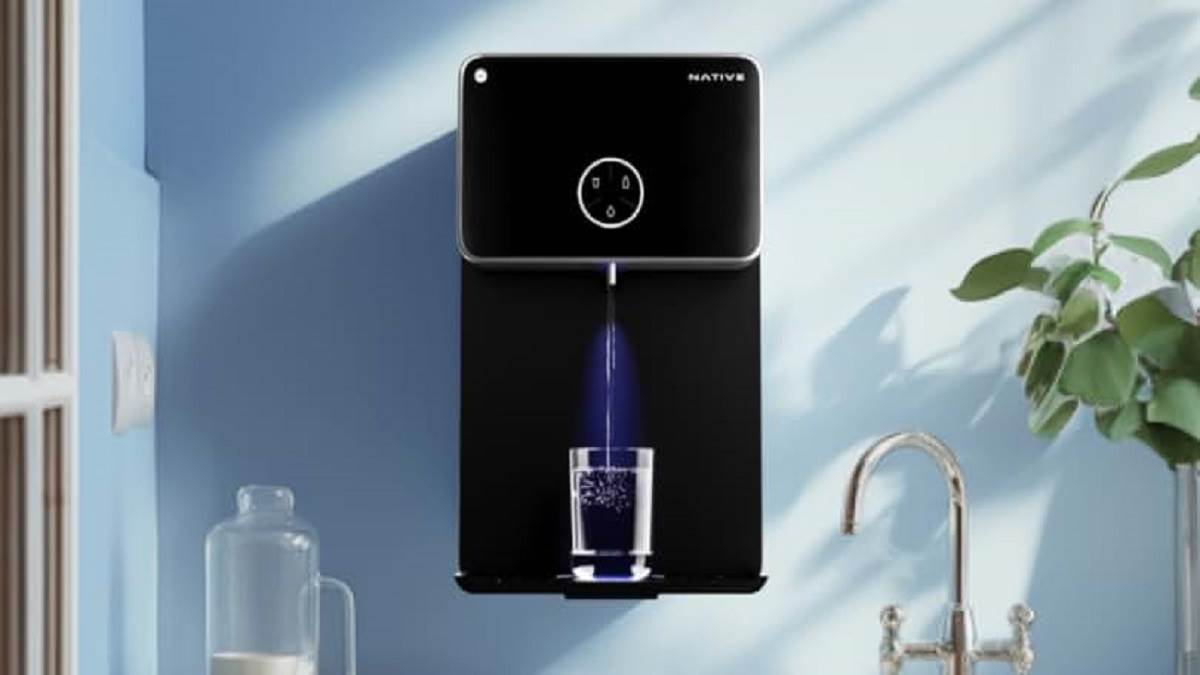Water filters are not just a solution for cleaner, safer drinking water. Instead, they offer significant environmental benefits that contribute to a more sustainable future. From reducing plastic waste to conserving water resources, the environmental impact of using water filters extends far beyond the kitchen sink.
One of the most notable environmental benefits of water filters is their ability to reduce the consumption of single-use plastic bottles. With access to filtered water at home or in the workplace, individuals can eliminate the need to purchase bottled water, reducing the demand for plastic packaging and minimising plastic pollution in landfills and oceans.
Additionally, water filters help conserve water resources by improving tap water quality. Rather than relying on bottled water sourced from distant locations, which often requires extensive water transportation and packaging, individuals can confidently use filtered tap water for drinking, cooking, and other household activities, thus reducing the overall demand for freshwater resources.
Furthermore, certain types of water filters, such as reverse osmosis RO water purifiers, can help mitigate the environmental impact of industrial pollutants and contaminants. RO systems effectively remove harmful substances like lead, arsenic, and chlorine from water, preventing them from entering the environment and causing harm to ecosystems and wildlife.
Water filters also support energy conservation efforts by promoting the use of filtered tap water over bottled water. Producing and transporting bottled water consumes significant energy, contributing to greenhouse gas emissions and climate change. Individuals can reduce their carbon footprint by choosing filtered tap water and supporting more sustainable water management practices.
Conclusion
Water filters offer many environmental benefits that make them a valuable investment for individuals and communities. Water filters play a crucial role in fostering a healthier planet for future generations, from reducing plastic waste and conserving water resources to mitigating the environmental impact of pollutants. By incorporating water filtration systems into daily routines, individuals can positively impact the environment while enjoying clean, refreshing water straight from the tap.

